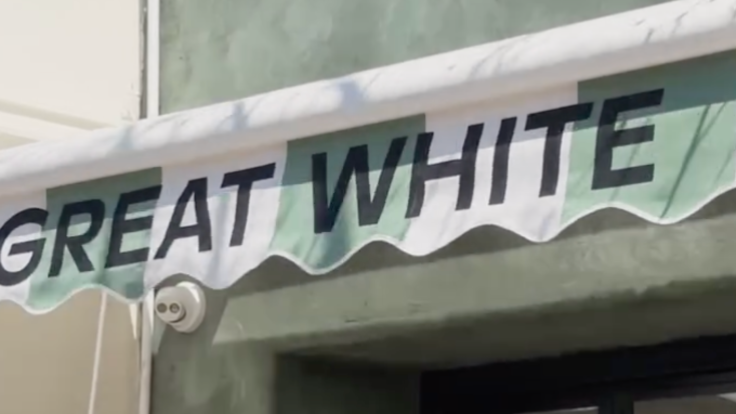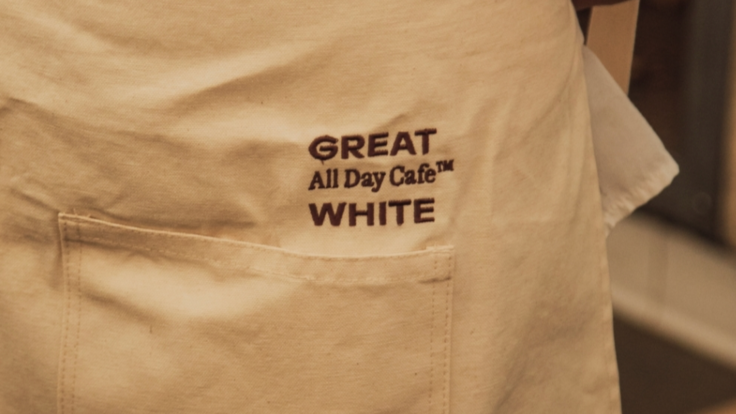
A viral clip from a Melrose Avenue café has prompted a fierce online backlash and allegations that Great White intentionally seats Asian patrons away from other diners.
Social media users rapidly amplified a short video posted by diner Cassidy Cho that shows her panning across the alfresco seating at Great White's Melrose location and saying: 'I don't know if it's just me, but they put all Asians in one corner.'
The clip was reposted by influencer Ed Choi and reached hundreds of thousands of viewers, prompting other customers and former staff to post accounts that either corroborate or dispute the claim.
Background to the Allegations
Cho's post, dated 29 September 2025, sits at the centre of the controversy; in it, she gestures around the patio and points out groupings of diners who appear to be of Asian descent.
@juminjuice No but fr tho.. #greatwhite #la #asians #asian #racism
♬ original sound - cassidy
The video quickly attracted attention from larger accounts, and what began as a single diner's observation has ballooned into a broader conversation about alleged 'seating practices' — some users say they saw a pattern, others insist the footage can be explained by reservation requests and clientele choice.
The outcry intensified when several former employees of Gran Blanco, a Venice restaurant previously operated by Great White co-founders Sam Cooper and Sam Trude, gave interviews alleging prejudicial instructions from management.
One former host, Sarah Rose Brier, told reporters she was directed to seat 'ethnic-looking people' outside and that staff were sometimes told to steer the restaurant's 'vibe' by turning away certain groups. The current owners of Gran Blanco say the venue has been under new management since 01 June 2025.

Owners' Response and Company Statement
Great White's co-founders have publicly denied the charges. In a statement quoted to local outlets, they said: 'Great White is named after a shark. It has nothing to do with race. Any notion that we have mistreated customers or employees or seated people based on their ethnicity is absolutely outrageous and completely false. Everyone is welcome here.'
The owners told reporters they have worked 'intentionally to create a workplace and community that brings people together from many different backgrounds'.
Despite that denial, the dispute has produced a split record: some onlookers and ex-staff provided accounts to reporters alleging discriminatory directives, while several current employees defended the business, saying seating choices are driven by customer preference, table availability, and the café's high demand.
The Los Angeles Times, which conducted reporting across current and former staff, said it could not independently verify the discrimination allegations beyond the first-hand claims collected.
Community Reaction and the Cost of Viral Outrage
The controversy has reverberated beyond social feeds. Comment threads and influencer reposts have driven raids of reviews, threats to staff and the owners' families, fake reservations, and targeted online harassment; a pattern observers call the dark side of rapid social-media exposure.
At the same time, some diners and commentators have urged caution and due process, warning that viral moments can wrongly ruin livelihoods. Several commentators who surveyed archived reviews say claims of bias appear in scattered critiques dating back months, but others point out positive reviews or accounts of inclusive service, illustrating how complex, anecdote-driven disputes can be.







